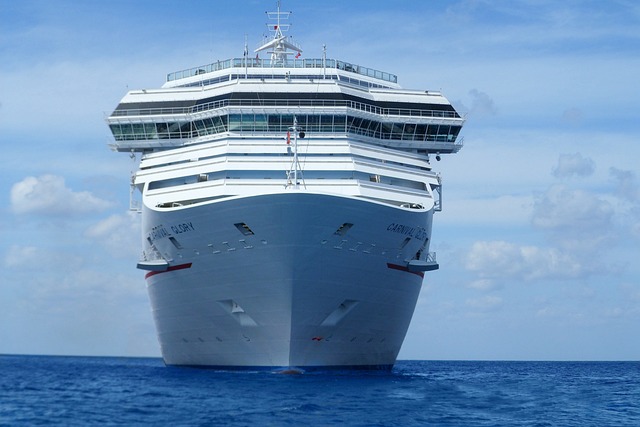US CBP, Carnival Cruise Line introduces facial biometrics at Port of Jacksonville
U.S. Customs and Border Protection (CBP), in collaboration with Carnival Cruise Line, announced today that the Port of Jacksonville, FL is the latest seaport to further secure and enhance the debarkation process with the launch of facial biometric comparison technology for closed loop cruises.
“CBP and Carnival are innovating the cruise debarkation process through the use of facial biometrics to provide travelers a secure, touchless process to verify identity while enhancing the customer experience, said Vernon Foret, CBP’s Director of Field Operations for the Miami and Tampa Field Office. “In addition, CBP and our cruise partners are expanding data sharing agreements to further strengthen the maritime environment.”
The entry process provides a secure and streamlined travel experience while protecting the privacy of all travelers. Upon debarkation, passengers pause for a photo, which is then compared to the traveler’s existing passport or visa photo in DHS’s secure systems to automate the identity verification process. This enhanced facial biometrics process verifies the traveler’s identity within two seconds with more than 98% accuracy. After a confirmed match, passengers collect their baggage, and then proceed through inspections and exit the terminal.
U.S. travelers and select foreign nationals may opt out of the facial biometric process and can request a manual document check from a CBP Officer, consistent with existing requirements for admission into the United States.
To date, facial biometric comparison technology is available at 17 seaports across the United States and has been successfully used to process arriving passengers on cruise vessels in Florida, New Jersey, New York, Texas, California, Washington, Louisiana, Alabama, Puerto Rico, and Maryland.
Currently, more than 276 million travelers have participated in the biometric facial comparison process at air, land, and seaports of entry. As of January 2023, CBP has leveraged facial biometrics to prevent more than 1,700 impostors using genuine travel documents from illegally entering the United States at air and land Ports of Entry




